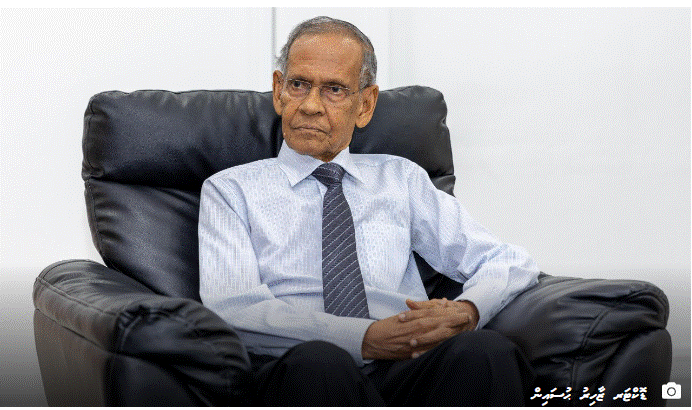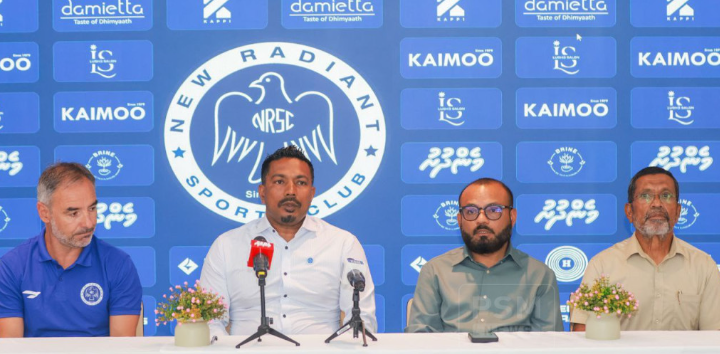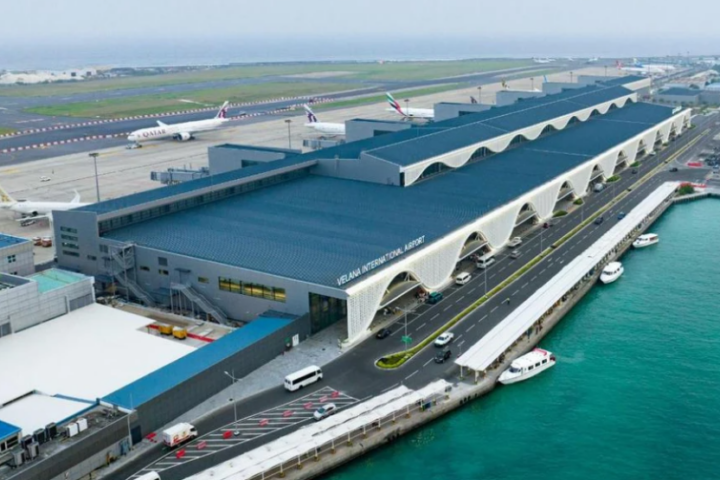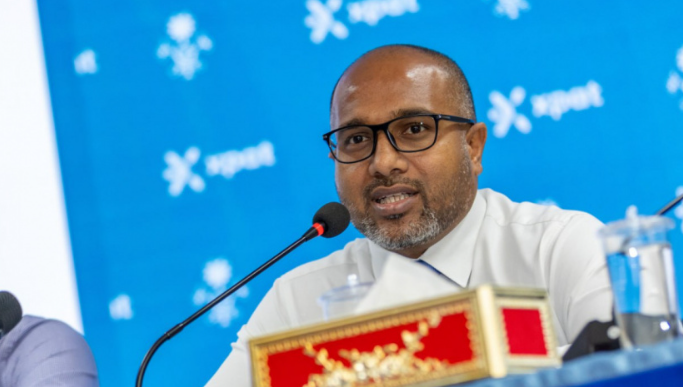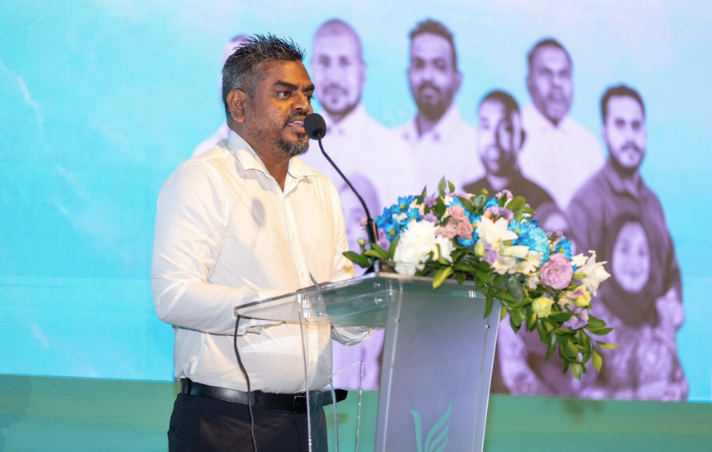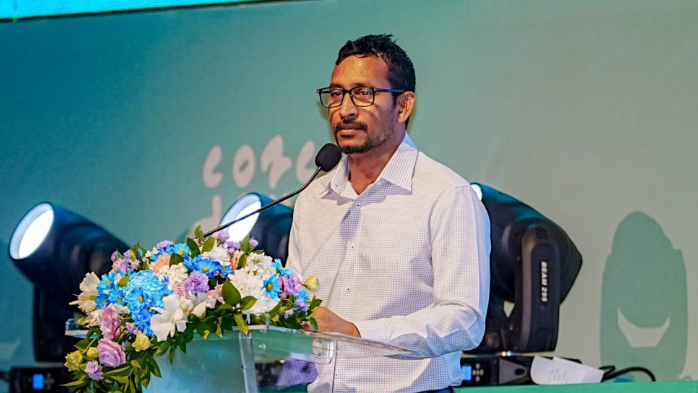MALÉ, Maldives —In a modest classroom on a remote Maldivian island, children in the mid-1980s studied more than just math and language. Under the guidance of then-Education Minister Dr. Zahir Hussain, they learned about coral reefs, mangroves, and the fragile beauty of their archipelago home. Long before climate change became a household term, Dr. Zahir was sowing the seeds of environmental awareness in the nation’s primary curriculum. He introduced Environmental Studies as a dedicated subject at the primary level—a groundbreaking addition that would shape a generation’s understanding of their delicate natural surroundings and instill a sense of stewardship from an early age.
Dr. Zahir’s approach was inspired by his own academic journey, particularly his years studying in Egypt, where environmental issues were emerging as a topic of global concern. “It was discussed widely in Egypt,” he recalls in an interview with eTruthMV, explaining the inspiration that guided his decision to make environmental education a priority in Maldivian schools. “And I felt it was something we, in the Maldives, needed to focus on.”
His conviction led him to integrate environmental education into the national curriculum he introduced in 1984, marking the first structured educational framework for the Maldives. By 1985, young Maldivians were learning to see their natural environment not just as a backdrop to their lives, but as a resource to protect.
The curriculum, however, was only part of Dr. Zahir’s vision. Recognizing the importance of local voices and perspectives, he invited representatives from each atoll to a landmark meeting at Iskandhar School to shape a curriculum that would resonate with communities across the nation. His collaborative approach helped create a national educational foundation that connected students with their country’s unique environment and fostered a shared national consciousness.
Today, Dr. Zahir’s legacy is evident not only in classrooms but in the highest offices of Maldivian government. Many of the country’s leaders—among them the current president and his cabinet—came of age under Dr. Zahir’s educational policies. For these leaders, environmental awareness is not just an abstract principle; it is woven into their sense of duty to their country. Dr. Zahir expresses a quiet satisfaction in this legacy: “I’m happy that I was able to build a generation.”
In addition to his role in education, Dr. Zahir recognized the need for open information and public discourse. Through Haveeru, the daily newspaper he founded, he created a vital channel for news and historical documentation. Known as “the nation’s memory keeper,” Haveeru recorded the unfolding story of the Maldives, documenting its triumphs and challenges until a highly controversial unjust court verdict abruptly forced its closure. Yet, for years, it served as an archive of the Maldivian experience, providing the public with what many saw as the nation’s first true historical record.
Dr. Zahir’s intellectual pursuits went beyond education and journalism. His academic work culminated in a PhD dissertation on the renowned Islamic thinker Ibn Khaldun, known in the West as Averroes, whose theories on sociology and statecraft resonated deeply with Dr. Zahir. Ibn Khaldun’s philosophy emphasized the balance between governance and social cohesion—a balance that would later shape President Maumoon Abdul Gayoom’s social housing policies in Hulhumalé, inspired by the same intellectual lineage.
Dr. Zahir’s grounding in Ibn Khaldun’s ideas lent his educational and policy work a sense of philosophical depth, a belief that education was not merely about rote learning but about cultivating a cohesive, thoughtful society.
For the Maldives, a nation both intimately connected with and vulnerable to its natural surroundings, Dr. Zahir’s early environmental curriculum feels prescient. His legacy endures as today’s leaders grapple with challenges he saw on the horizon. Dr. Zahir didn’t just shape the curriculum; he helped shape the very conscience of the Maldives, crafting a generation that leads with an understanding of their place within the natural world and a commitment to preserving it.
Dr. Mohamed Zahir Hussain, a graduate of Al-Azhar University in Cairo, served under President Maumoon Abdul Gayoom from 1978 to 2004.
Tonight, at Dharubaaruge, President Dr. Mohamed Muizzu will present Dr. Zahir Hussain with the country’s highest civilian honor, Order of the Distinguished Rule of Izzuddin —a fitting recognition of a legacy that has shaped both the educational landscape and the leadership of the Maldives. This honor acknowledges not only Dr. Zahir’s vision and lifelong dedication but also President Muizzu’s commitment to celebrating those who have laid the groundwork for the nation’s growth and progress.
Dr Mohamed Zahir Hussain is currently the Chancellor of the Islamic University of Maldives (IUM).
Maumoon Abdul Gayoom: The Architect of Modern Maldives, Half-Written in History
